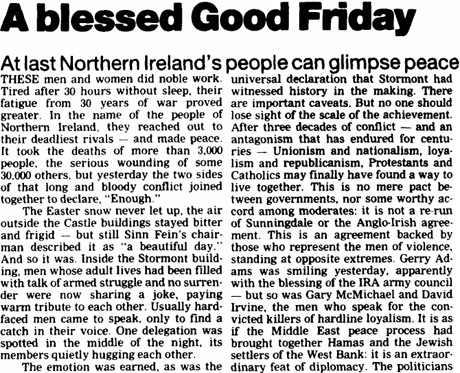I’ve enjoyed many conversations about the economy with my conservative friends and acquaintances, but I’m often struck by how viscerally they respond when I share with them a particular Catholic social teaching. That is the principle of a “social mortgage,” basically the idea that the public has a legitimate and necessary claim on private wealth and property.
The doctrine has very deep roots in the Judeo-Christian worldview. It’s grounded primarily in the Creation story, and specifically God’s gift of the earth to all of humankind—styled by Roman pontiffs as the “universal destination of goods,” intended for use by all God’s children. When I speak of this, the typical response I get is, “Are you saying that everybody has a right to the money I earn?”
I don’t think “right” is the right word here, but that aside, the short answer, pretty much, is yes. All of us owe quite a bit to society, usually more than we’re prepared to admit. That goes for the wealthiest citizens as much as for the rest of us. To neutralize a current political slogan: everyone is a taker as well as a giver.
Case in point: so-called “corporate welfare,” which has drawn too little scrutiny in the long wake of Mitt Romney’s 47-percent revelations. Economics writer James Surowiecki provides a handy summary of this public largesse in his “Financial Page” column in The New Yorker’s Oct. 8 edition.
What he shows, in his brief sampling, is that membership in the corporate elite does have its taxpayer-funded privileges. Surowiecki points out that government has given a leg up to business ever since the days of high tariffs and generous land grants to railroads, but that recent years have seen an expansion of the “corporate welfare state.”
For examples, Surowiecki mentions oil companies, which lease millions upon millions of acres of public land from the government, at what amount to rates far below any conceivable market value (even when adjusting for royalties); the telecomm industry, which, in the late 1990s, was given swaths of the digital spectrum worth billions of dollars, purely as a gift from Uncle Sam; the mining industry, which leases federal land for a grand sum of five dollars an acre, and is able to pocket 100 percent of the profits from gold, silver, and other minerals it extracts. He also points to farmers and their direct subsidies for crop insurance and drought aid, import quotas for the benefit of sugar companies, federal deposit insurance, ethanol subsidies, the huge expansion of copyright and patent protection in recent years, and other ways in which the public aids private wealth accumulation.
Dependency, in Perspective
Surowieck rightly points out that corporate welfare isn’t necessarily a bad thing. “Some of these giveaways arguably do a lot of good,” he writes without elaborating. (I’ll submit one example: government-funded cancer research, which pharmaceutical companies are able to patent and parley into expensive drugs, with net gain for society and, less diffusely, their shareholders).
But he adds quickly that companies on the receiving end of these and many other policies “are just as dependent on the government as the guy who gets the earned-income tax credit.” He started off the piece talking about the 47 percent, so you know where he’s going with this.
And, when Romney concentrates his fire on the latter [the EITC recipient] rather than on the former [dependent businesses], it makes you wonder if his problem isn’t with government assistance per se, but only with government assistance to poor and working people. Romney may say that he wants small government, but what he’s pushing for is a government that’s small when it comes to helping people and big when it comes to helping business.
I wouldn’t call these companies “dependent,” any more eagerly than I’d slap the derisive label on a secretary who loses her job and gets unemployment insurance because of a financial crash, especially when the reckless driver in that collision is an industry later bailed out by the feds. I’d find it more meaningful to say, quoting Martin Luther King, that each of us is “eternally in the red,” indebted to both God and neighbor—and often falling behind on our social mortgage. …read more










